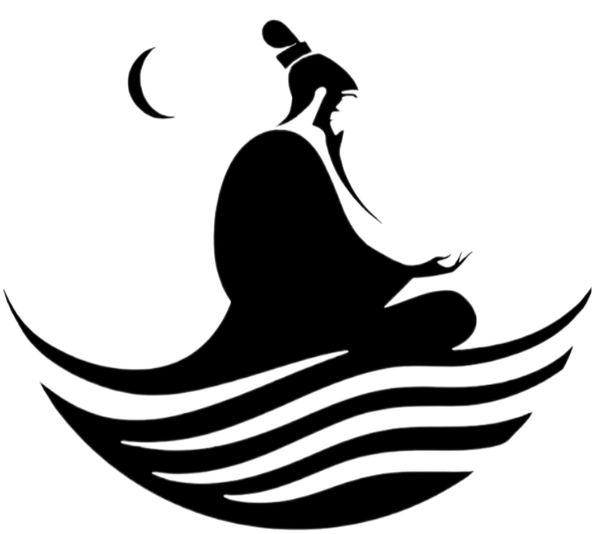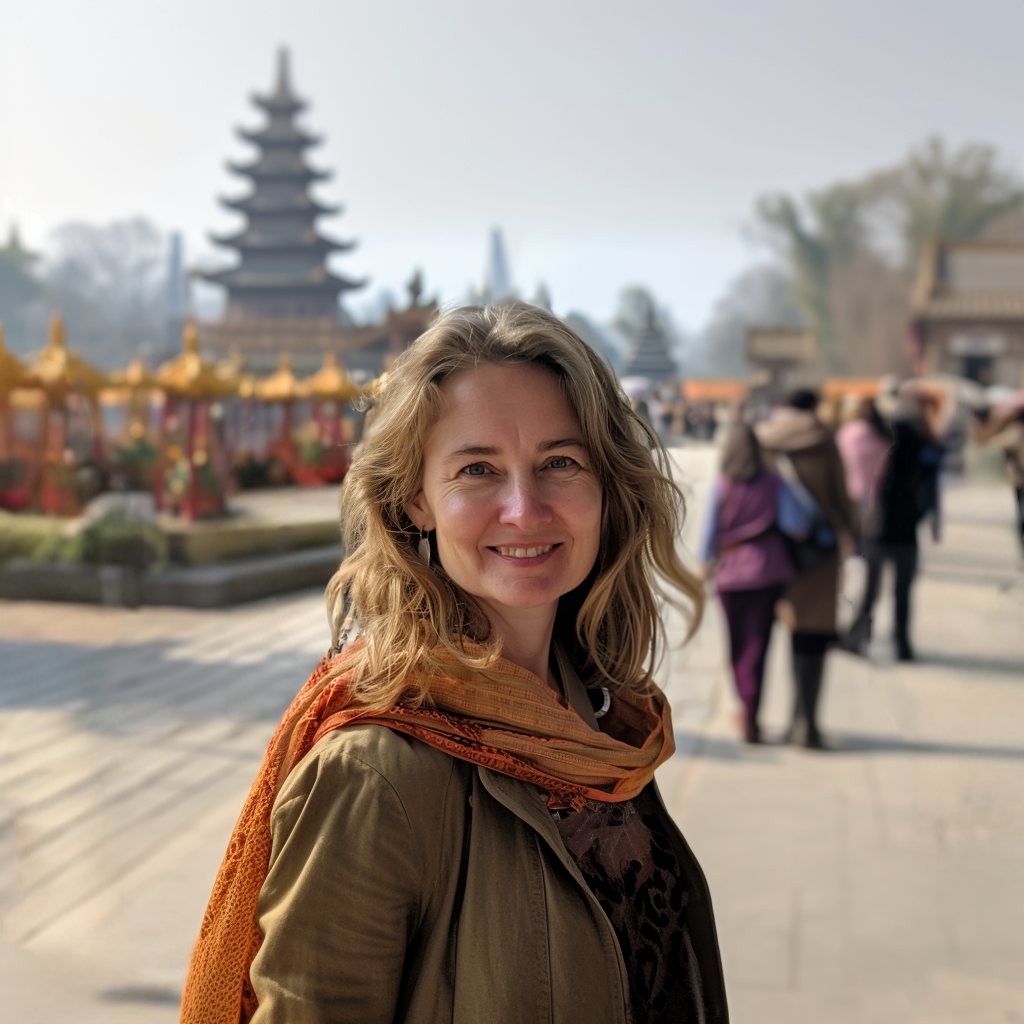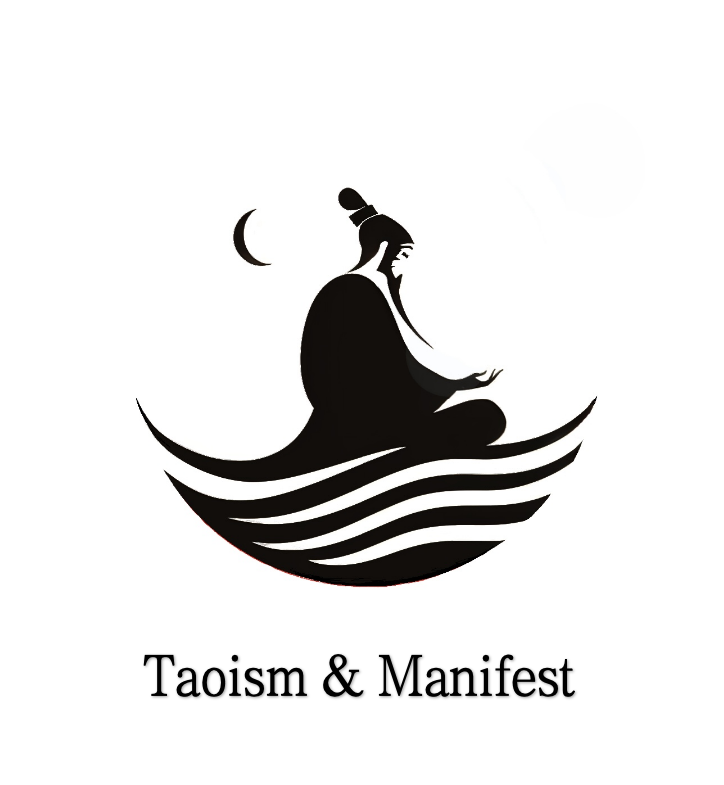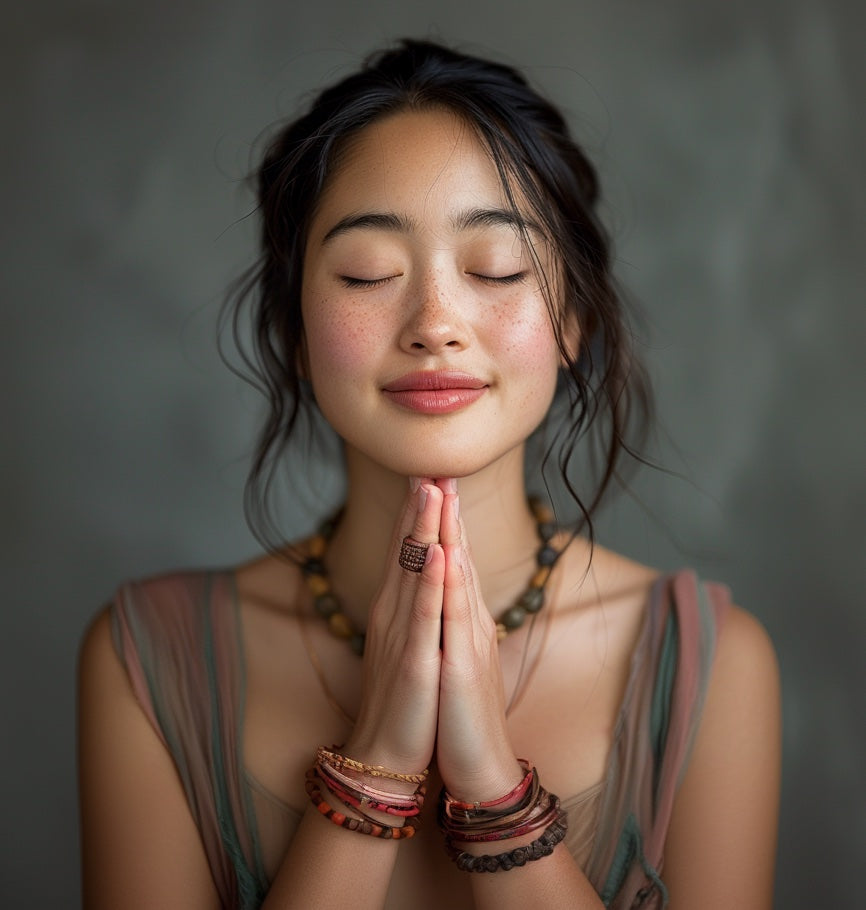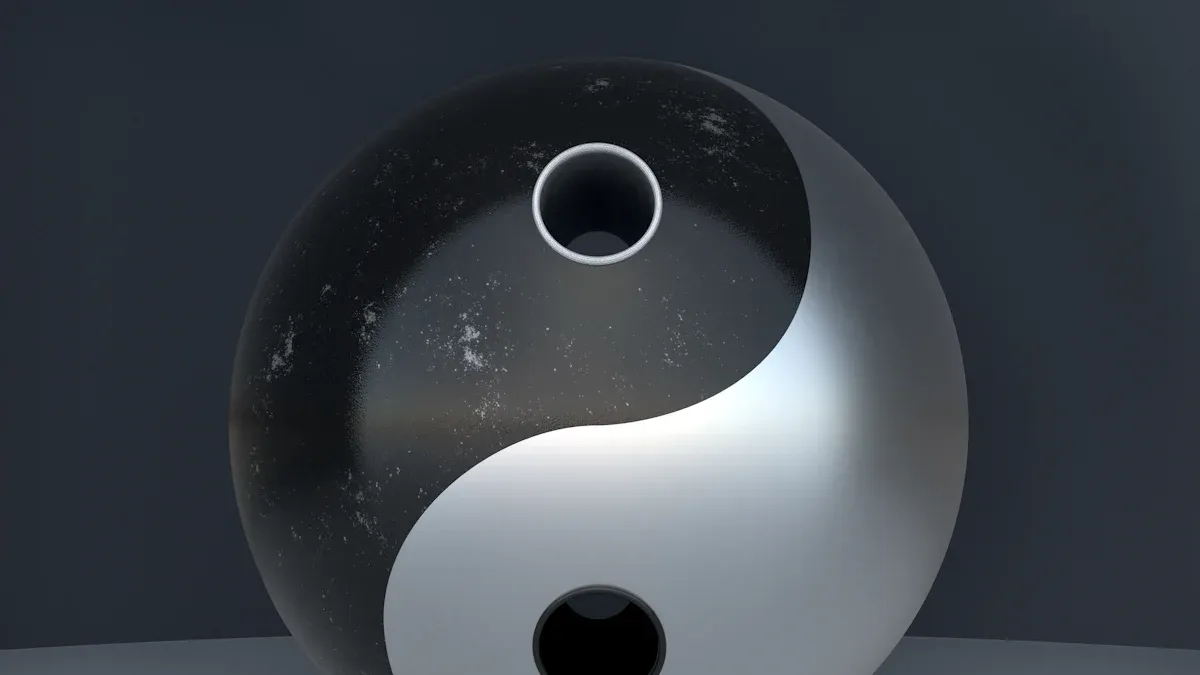
You can see Tao Principles as the main ideas in Taoist philosophy. These ideas help you find balance and peace in life. When you follow Taoism, you may feel happier and handle feelings better. Studies say people who follow Taoism closely feel more positive and less negative. You do not have to follow hard rules to use these ideas. You can use them to make better choices and have better relationships every day.
Key Takeaways
Tao principles guide you toward a balanced, peaceful, and joyful life through harmony, simplicity, and mindfulness.
-
Balance and Peace:
Help you find inner peace and manage your emotions.
Make you feel happier and more centered.
-
Wu Wei (Non-Action):
Encourage letting things happen naturally.
Teach you not to force outcomes.
-
Harmony with Yin and Yang:
Show how to find balance in life.
Encourage balancing activity with rest for overall well-being.
-
Simplicity:
Highlight the importance of focusing on what truly matters.
Reduce stress and bring more joy.
Tao Principles
Definition
Tao Principles help you live in peace with the world. These ideas come from old Chinese philosophy, mainly the Tao Te Ching. You learn to go with the flow of life, not push against it. Tao Principles show you to watch nature and your own life for patterns. You notice that everything is connected and always changing. This way of thinking helps you see where you fit in the world.
You might ask how Tao Principles are not like other philosophies. The table below shows some main ways Taoism and Zen Buddhism are different:
Aspect |
Zen Buddhism |
Taoism |
|---|---|---|
Core Practice |
Zazen (seated meditation) |
Wu Wei (effortless action) |
View of Reality |
Empty & illusory |
Interconnected flow |
Daily Focus |
Mindful engagement |
Living with nature’s rhythm |
Goal |
Direct enlightenment |
Harmony with the Tao |
Tao Principles are about living with nature’s rhythm and finding harmony with the Tao. Other philosophies, like Confucianism, care more about rules and respect. Buddhism looks for enlightenment by meditating. Taoism wants you to move with life and accept change.
Importance
Tao Principles are important because they help you feel calm and balanced. When you use these ideas, you learn to let go of stress and control. You start to trust that things will work out. This can help you feel more relaxed and happy.
Many people say Tao Principles help them every day. Studies show these ideas can:
Teach you about good values and building strong character through the virtues of Taoist gods.
Help you stay calm and handle tough times better.
Show you how to live simply and in harmony with nature, which brings peace and balance.
Tao Principles do not just tell you how to think. They also help you act with kindness and patience. You learn to accept yourself and others. This can make your friendships better and help you deal with problems.
Tao Principles are also different from other Eastern philosophies:
Confucianism cares about rules, family, and keeping order. It helps keep society safe.
Taoism is about growing spiritually and living in harmony with the universe. You learn to practice Wu Wei, or effortless action.
Buddhism mixes with Taoism and Confucianism in China. It teaches about suffering and reaching enlightenment.
Daily Application
You can use Tao Principles in your life every day. Start by watching how your life moves naturally. Try not to force things or hurry. When you have a problem, stop and take a breath. Ask yourself if you can let things happen on their own.
Here are some easy ways to use Tao Principles:
Go outside and watch how plants and animals grow and change.
Be patient when things do not go your way.
Pick simple answers instead of making things hard.
Accept change and trust that life keeps moving.
Tip: If you feel stressed, slow down and go with the flow. This can help you stay calm and make good choices.
You do not need to follow strict rules. Tao Principles ask you to live with care and kindness. Over time, you may feel more peace and balance in your life.
Wu Wei
Meaning
Wu Wei means "effortless action" or "doing without doing." In Taoism, you learn to act in a way that feels natural and easy. You do not force things or struggle against the flow of life. The Tao Te Ching teaches that you can achieve more by letting things happen on their own. Wu Wei does not mean you do nothing. Instead, you act at the right time and in the right way. You trust the natural order and respond to what life brings.
Practice
You can practice Wu Wei in your daily life by paying attention to how you act and react. When you stop forcing things, you often find better results. Here are some ways to bring Wu Wei into your routine:
Stop forcing: That email you keep rewriting? Try sending the simple version instead.
Listen before reacting: When someone criticizes you, pause before you respond.
Let nature lead: Take a walk without a set goal. Notice how plants and animals grow without trying.
Honor stillness: Sometimes, silence is the best answer. Not every situation needs your input.
Tip: When you feel stuck, take a deep breath and let go of the need to control everything. Trust that things will unfold as they should.
Benefits
Practicing Wu Wei can help you feel calmer and more balanced. You may notice less stress and more peace in your day. When you stop pushing so hard, you save energy and avoid burnout. Wu Wei also helps you build better relationships. You listen more and react with kindness. Over time, you learn to trust yourself and the world around you. This trust brings confidence and a sense of harmony with life. Wu Wei shows you that sometimes, the best way to act is to let things be.
Yin and Yang
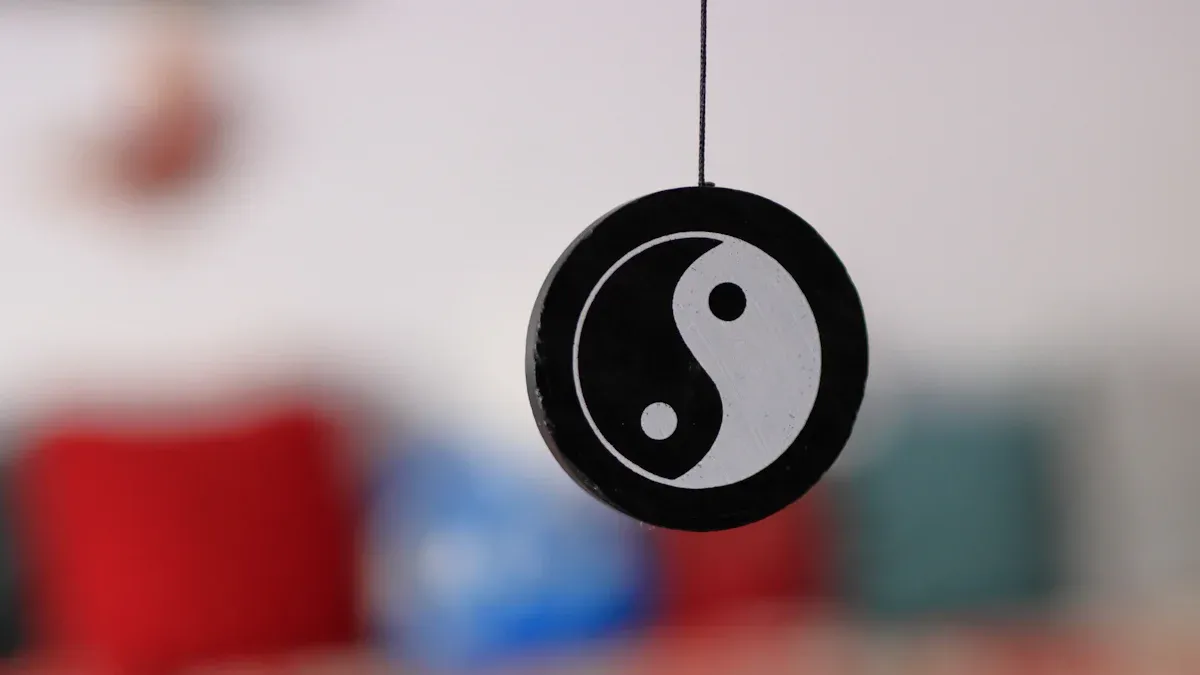
Duality
Yin and Yang show you how everything in life has two sides. These two forces work together, not against each other. Yin stands for things that are soft, dark, and quiet. Yang stands for things that are bright, active, and strong. You see this duality in many parts of nature and your daily life.
Yin and Yang are opposite but also support each other.
Yin feels more passive and gentle, while Yang feels more energetic and bold.
Both forces exist in everything, from the weather to your own feelings.
The world needs both Yin and Yang to stay balanced.
When you look at the world through the lens of Yin and Yang, you notice that nothing is ever just one thing. Day turns into night, rest follows activity, and sadness can lead to joy. Taoist philosophy teaches you to accept both sides and see how they work together.
Balance
Balance means you do not let one side take over. You need both Yin and Yang in your life. If you only focus on work (Yang), you may feel tired or stressed. If you only rest (Yin), you may miss out on growth. Taoism encourages you to find a middle path.
You can see this balance in traditional Chinese medicine and martial arts:
Aspect |
Yin Characteristics |
Yang Characteristics |
|---|---|---|
Traditional Chinese Medicine |
Focus on inward, restorative treatments |
Emphasis on outward, dynamic treatments |
Martial Arts |
Soft, flowing movements |
Hard, dynamic movements |
Treatment Goals |
Restore balance and harmony |
Unite energies for strength and flexibility |
In your own life, you can balance Yin and Yang by mixing quiet time with activity, or by blending patience with action.
Harmony
Harmony comes when you accept both Yin and Yang. You do not fight against change. Instead, you let both sides help you grow. In relationships, you listen as much as you speak. At work, you know when to lead and when to follow.
Tip: When you feel out of balance, pause and ask yourself if you need more Yin or more Yang. Small changes can help you find harmony again.
Yin and Yang remind you that life works best when you honor both sides. This balance brings peace, health, and a deeper understanding of yourself and the world.
Simplicity and Naturalness
Simplicity
Taoist philosophy values simplicity. You learn to let go of things you do not need. The Tao Te Ching calls this idea "Pu," which means an uncarved block. When you keep life simple, you find more space for peace and joy. You do not have to fill your day with busy tasks or chase after many goals. Instead, you focus on what matters most. This helps you avoid stress and confusion.
You can practice simplicity by choosing clear answers and removing clutter from your space. When you strip away what is not important, you see your true needs. Taoist teachers say that simplicity brings you closer to the Tao. You feel lighter and more at ease.
Natural Flow
Living in harmony with nature is a key part of Taoism. You watch how rivers flow and trees grow. Nature does not rush or force things. You can learn from this by letting your life move at its own pace. When you follow the natural flow, you stop fighting against change. You trust that life will guide you where you need to go.
Spending time in nature supports your well-being. Research shows that being outdoors helps your mind and body. People who spend time in natural places often feel less stress and more happiness. Early experiences with nature can even lower the risk of mental health problems later in life. Different natural settings can help you heal in different ways.
Tip: Take a walk outside or sit quietly in a park. Notice the sights and sounds around you. Let nature remind you to slow down.
Serenity
Serenity means feeling calm and peaceful inside. Taoist teachers share many ways to find this calm. You can use mindful breathing to quiet your thoughts. Gentle movement, like Tai Chi, helps you connect with your body and Qi. Practicing Wu Wei teaches you to flow with challenges instead of forcing solutions. Staying present in each moment also brings peace.
You can try these strategies to build serenity in your daily life:
Practice mindful breathing each morning.
Move slowly and notice your body.
Balance active times with restful moments.
Keep your routines simple.
Spend time in nature to ground yourself.
When you live simply and follow the natural flow, you invite serenity into your life. You feel more balanced and connected to the world around you.
Self-Cultivation
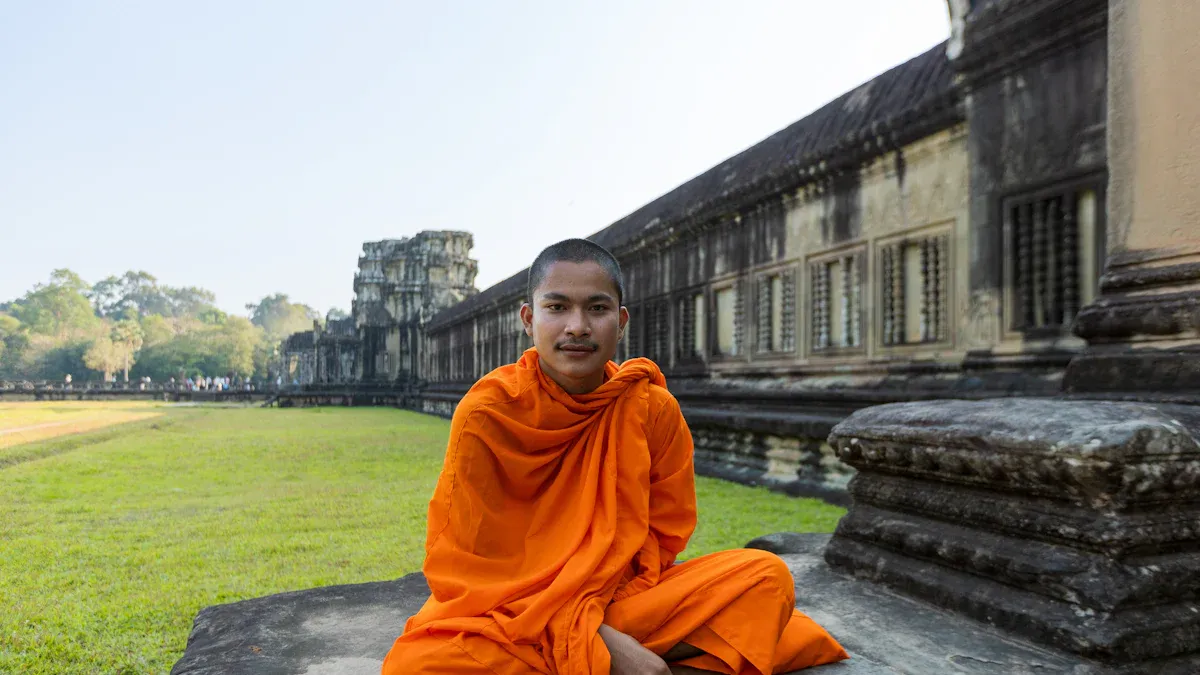
Mindfulness
Self-cultivation stands at the heart of Taoist philosophy. You learn to pay attention to your thoughts, feelings, and actions. Mindfulness helps you notice what happens inside and around you. Taoist texts like the Tao Te Ching and Zhuangzi teach you to focus on your breath and calm your mind. These ancient books describe ways to reach unity and clarity through meditation.
The Tao Te Ching highlights breath control and meditation, showing that focusing on your breath brings clarity.
The Zhuangzi introduces practices like xinzhai (heart-mind fasting) and zuowang (sitting forgetting), which help you clear your mind.
The Huainanzi links breath meditation to a long life and wise leadership.
Heshang Gong’s commentary on the Tao Te Ching explains how breath focus can help you harmonize with the Tao.
The Neiye serves as an early guide for meditation and breath control.
You can try simple meditation each day. Sit quietly, close your eyes, and breathe slowly. Notice your breath as it moves in and out. This practice helps you feel calm and focused.
Inner Peace
Taoist practices guide you to nurture your inner self. You learn to find peace inside, even when life feels busy or stressful. The Zhuangzi uses the story of a marsh pheasant to show that spiritual freedom matters more than material comfort. Taoist sages often stay calm, no matter what happens around them. They teach that true understanding comes from self-cultivation, not from following society’s rules. You can balance time with others and time alone to build inner peace. Meditation, mindful breathing, and gentle movement like Tai Chi all support this goal.
Tip: When you feel upset, pause and take three slow breaths. Let your mind settle before you act.
Adaptation
Taoism teaches you to adapt to life’s changes. You do not need to fight every challenge. Instead, you learn to move with life’s cycles. Many people use Taoist ideas to handle stress and anxiety.
A person facing stress at work learns to “act but do not compete,” following Taoist advice.
Therapists help people see that comparing themselves to others can cause envy and shame.
By understanding these feelings, you can set realistic goals and feel better about yourself.
You can practice adaptation by letting go of harsh self-judgment. Accept change as part of life. Trust that you can grow stronger by moving with, not against, the flow of events.
You can use Tao Principles to find balance and peace in your life. Try to notice how you act and feel each day. Choose simple steps like breathing slowly, spending time in nature, or letting go of stress. Reflect on how these ideas help you grow. Remember, living in harmony with the Tao brings joy and calm.
Tip: Start with one small change. Watch how it makes your day better.
FAQ
What is the Tao in Taoism?
The Tao means "the Way." You can think of it as the natural path or flow of the universe. Taoism teaches you to follow this path and live in harmony with nature.
How can I practice Wu Wei in daily life?
You can practice Wu Wei by letting things happen naturally. Try not to force results. Trust your instincts. Take action when it feels right. > Tip: Pause before reacting and let situations unfold.
Why is balance important in Taoist philosophy?
Balance helps you stay healthy and happy. Taoism teaches that Yin and Yang work together. You need both rest and activity. When you find balance, you feel more peaceful and strong.
Can anyone benefit from Taoist principles?
Yes! Anyone can use Taoist ideas. You do not need to follow strict rules. You can start by being mindful, living simply, and accepting change. These steps help you find calm and joy.
